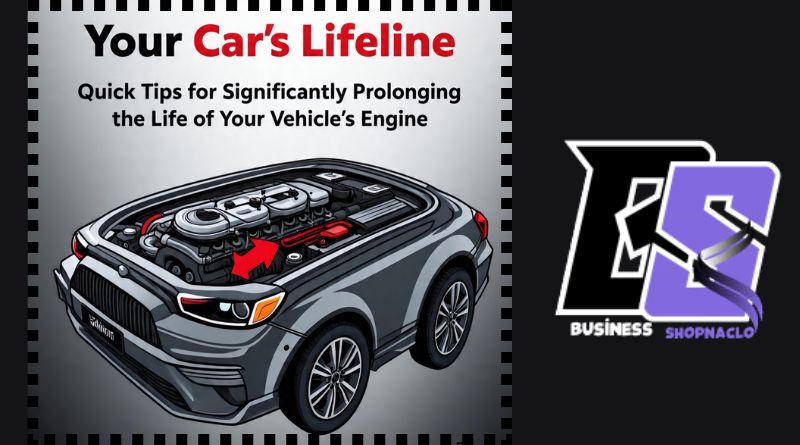Your Car’s Lifeline: Quick Tips for Significantly Prolonging the Life of Your Vehicle’s Engine
Routine Maintenance: The Engine’s Best Friend
Taking care of a car is about more than just making sure it looks clean or shiny; it’s about the health of its core components, especially the engine. People sometimes underestimate the transformative impact of routine care and inspections on extending a vehicle’s lifespan. Even practices that seem small, such as checking fluid levels or inspecting drive belts, can prevent minor issues from escalating into expensive breakdowns.
For example, scheduling regular tune-ups and oil changes is a basic yet vital part of the process. Consider how using the right fuel can support engine longevity—a small choice that makes a significant difference. Choosing quality cod fuel at every fill-up helps to prevent sediment buildup and contamination that could spell trouble for the heart of your vehicle.
Over time, skipping scheduled maintenance or disregarding dashboard warnings increases the risk of engine problems that can be costly or irreparable. In many cases, these warning signs are the engine’s way of requesting assistance. Creating a habit of scheduled inspections builds confidence and ensures that minor wear and tear is addressed before it becomes a significant issue.
Keeping Engine Temperatures in Check
The cooling system is crucial in managing excessive heat in the engine, which can lead to engine failure. Regular checks of the coolant level, hose inspections, and proper operation of the fan and thermostat are essential. Even small leaks should be repaired immediately to prevent significant damage. Regularly flushing and refilling the coolant at recommended intervals helps prevent corrosion and buildup, which can lead to overheating. It’s essential to recognize subtle signs, such as an antifreeze smell or a creeping temperature gauge, as prompt attention can extend the life of engine components, save money, and prevent unexpected overheating events. This ensures the engine’s safety and prevents costly repairs.
The Power of Regular Oil Changes
Engine oil does more than lubricate; it cleans, cools, and protects moving components, reducing friction that can lead to catastrophic engine failure. Frequent oil changes, combined with the use of high-quality oil, are two of the most straightforward ways to keep an engine running efficiently. Modern engines, with their tighter tolerances and more advanced designs, are more sensitive to oil breakdown and contamination. Clean oil can help avoid the formation of sludge, which can restrict oil flow and lead to rapid component degradation. Even missing a single scheduled oil change can allow harmful deposits to build up, resulting in performance issues and sometimes even voiding warranties.
One of the best ways to remember is to use your phone, a dedicated maintenance app, or a simple windshield sticker. Most new cars come with alerts to prompt you when it’s time. Taking these signals seriously is often what separates a well-maintained vehicle from one plagued by preventable repairs.
Why Fuel Quality Matters
Fuel quality has a direct impact on engine performance, as high-quality fuel maintains clean injectors, maximizes combustion efficiency, and prevents contaminants from accumulating in engine parts. Choosing reliable fuel stations with higher turnover rates reduces the risk of fuel system clogs and poor performance. Reliable fuel providers maintain higher turnover rates, thereby preventing the accumulation of water or debris in underground storage tanks. Choosing these stations not only keeps engines running at peak efficiency but also reduces emissions, ensuring cleaner burning and benefiting both the vehicle and the environment. If unusual engine noises, hesitation, or knocking occur, switching to a reputable provider and using fuel system cleaners can significantly improve performance.
read also this: modernbusinesslife .com




